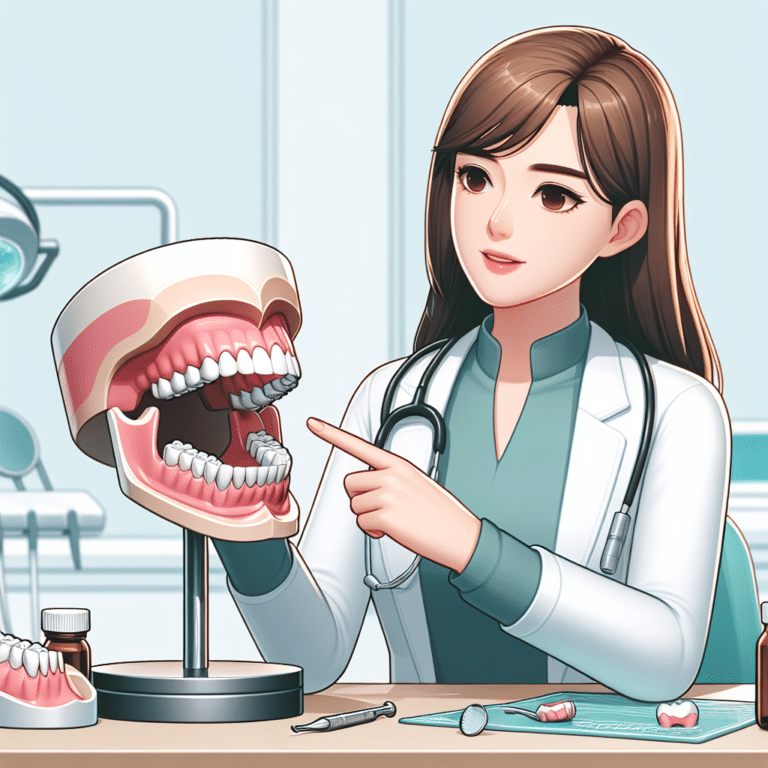- Sleep-related bruxism is most common in childhood but tends to decline with age
- Triggers for bruxism include smoking, excess caffeine or alcohol intake, and obstructive sleep apnoea
- Mouth guards protect teeth but do not stop bruxism
- Clonazepam may help reduce the frequency of bruxism episodes
-
Injections of Botox into specific muscles involved in chewing can also be effective
- Breathlessness in heart failure patients may be due to poor heart function or worsened asthma
- Oxygen saturation levels may be normal in heart failure patients, but the heart may not pump enough oxygen-rich blood
- Peak-flow gauge measurement can help determine adequacy of asthma treatment
- Referral to a respiratory specialist and the specialist who inserted a stent may be beneficial
- Blood pressure readings may be falsely high if using a standard-sized cuff on a large arm; use a large-sized cuff for accurate readings
Source link
Dentistry and Oral Health, Psychiatry & Mental Health


